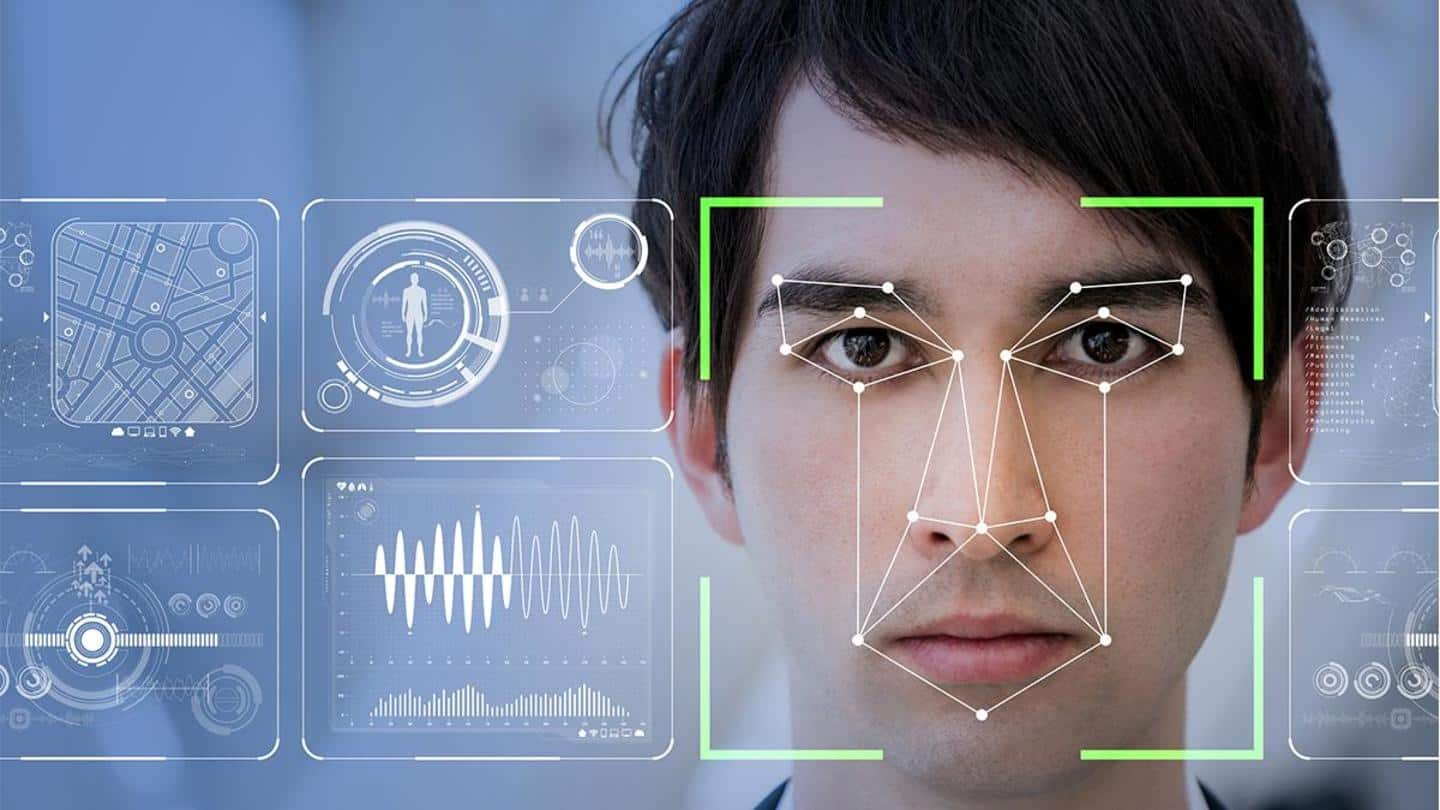
Tencent's facial scans will catch Chinese children gaming at night
What's the story
In a bid to curb addiction to video games and reduce the time youngsters spend gaming, game developer Tencent has taken the drastic step of using facial recognition technology to catch children gaming at night.
The technology has only been deployed in Mainland China where youngsters are forbidden by law to play video games between 10 pm and 8 am.
Here are more details.
Strict laws
Every game in China must authenticate player's national identity, age
An anti-addiction ruling passed in 2019 by the Chinese government permits those under the age of 18 to play video games for just 90 minutes on weekdays and three hours on national holidays and weekends.
On June 1, 2021, the ruling was expanded. Now, every game in China must use authentication systems that check each player's Chinese national identity (age included).
Workarounds
Tencent's 'Midnight Patrol' system will verify gamers against submitted IDs
Although Tencent had been using Chinese IDs for a while now, the youngsters always found ways to bypass the restrictions. The game developer told The Verge that children even resorted to using their parents' IDs.
Enter "Midnight Patrol," Tencent's new facial recognition system, which will verify whether the person in the submitted ID is the same person who's trying to play the game.
Deployment
Popular titles including 'League of Legends' could use system soon
On July 5, the system was rolled out for 60+ mobile games, including popular titles in China such as Honor of Kings, Glory of the King, and Game for Peace—China's patriotic take on PUBG.
The company said that more titles, including Riot Games' League of Legends (Tencent owns a large stake), will use the Midnight Patrol system. However, PC games are exempt for now.
Surveillance
Tencent won't store scans, can verify identities against national database
The Verge reported that Tencent won't store the new facial scans itself. Instead, it will build on the state-run facial recognition surveillance system.
All Tencent games in China reportedly use WeChat IDs for login and Midnight Patrol can use the national database for verifying identities. Bear in mind that the same surveillance system has been used to commit atrocities against Uighur Muslims in China.
Violation penalty
If gamers refuse scan, they'll be booted off the game
A translation of Tencent's press release suggests that when a user playing video games at night is prompted for a facial scan, they can simply refuse. The system would then treat them like a minor and they will be booted off the game.
We believe that those caught cheating the system and minors found playing during forbidden hours will also meet the same fate.
Fool the system?
Notifying users before scans could let them fool the system
The keen-eyed would have noticed that Tencent says the game will prompt users before a facial scan, thus giving the gamers time to fool the system. Since facial recognition on such a large scale would probably be optical-based, it could be tricked using photographs.
We think the system would be foolproof if users weren't notified before scans, although that would raise privacy concerns.
Drastic measures
Midnight Patrol might face severe backlash in other countries
While Midnight Patrol might come across as a drastic measure to gamers in other countries, the older generations in China reportedly say the system is great because games are ruining kids.
That said, if such systems were to make their way to the West, they would probably receive severe backlash for breach of privacy and lack of trust in users.